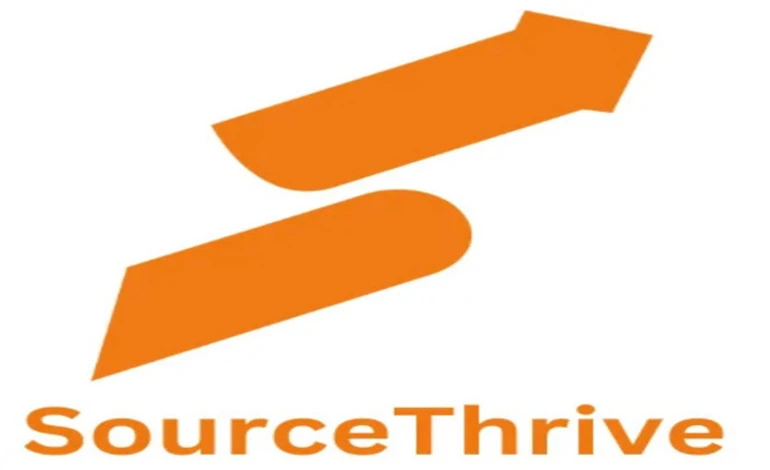Efficient handling of insurance invoices is crucial for maintaining the financial health of any medical practice. Errors in this process can lead to delayed payments, claim denials, and increased administrative burdens. By understanding and addressing common pitfalls, healthcare providers can streamline their billing operations and ensure timely reimbursements. Below are some prevalent mistakes in managing insurance invoice and strategies to avoid them.
1. Failing to Verify Insurance Coverage
One of the leading causes of claim denials is neglecting to verify a patient's insurance eligibility before rendering services. Insurance details can change frequently, and assumptions about coverage can result in unpaid claims. It's essential to confirm insurance information at every patient visit, ensuring that the policy is active and covers the intended services. Implementing a systematic verification process can mitigate this risk and enhance the accuracy of claims submitted.
2. Inaccurate or Incomplete Patient Information
Errors such as misspelled names, incorrect dates of birth, or erroneous policy numbers can lead to claim rejections. Even minor inaccuracies can cause significant delays in payment processing. To prevent this, staff should meticulously collect and double-check all patient information during registration. Utilizing electronic health records (EHR) systems with validation features can further reduce the likelihood of data entry mistakes.
3. Incorrect Coding Practices
Proper coding is vital for the accurate processing of insurance invoices. Mistakes like upcoding (billing for a more expensive service than provided), undercoding (failing to bill for all services rendered), or using outdated codes can trigger audits and claim denials. Continuous education on current coding standards and regular audits of coding practices can help maintain compliance and accuracy in billing.
4. Lack of Detailed Documentation
Insufficient documentation can result in claims being denied due to a perceived lack of medical necessity. Comprehensive and precise records should support every billed service, detailing patient history, diagnoses, treatments, and outcomes. This not only substantiates the services provided but also serves as a defense in case of audits or disputes.
5. Missing or Incomplete Claim Information
Omitting required information or leaving fields blank on claim forms can lead to automatic denials. It's imperative to complete all sections of a claim form thoroughly, including provider details, service dates, and procedure codes. Implementing a checklist or utilizing billing software that flags incomplete fields can enhance the completeness of submissions.
6. Duplicate Billing
Submitting multiple claims for the same service can occur due to clerical errors or miscommunication within the billing department. Such mistakes can lead to payment delays and may raise concerns about fraudulent practices. Establishing a robust tracking system and fostering clear communication among staff can help identify and prevent duplicate billing instances.
7. Overlooking Payer Policies and Guidelines
Insurance payers often have specific policies regarding covered services, preauthorization requirements, and billing procedures. Ignoring these guidelines can result in claim denials or reduced reimbursements. Staying informed about the policies of major insurance carriers and tailoring billing practices accordingly is essential for successful claims processing.
8. Delayed Claim Submission
Timeliness is critical in claim submission, as many insurers have strict deadlines. Late submissions can lead to denied claims and lost revenue. Establishing a workflow that prioritizes prompt claim filing and monitoring submission timelines can ensure adherence to payer deadlines.
9. Inadequate Follow-Up on Denied Claims
Failing to address denied or unpaid claims promptly can result in significant revenue loss. Implementing a systematic approach to track, analyze, and appeal denied claims is vital. Understanding the reasons behind denials can also provide insights into areas needing improvement within the billing process.
10. Insufficient Staff Training
A well-trained billing team is the backbone of effective insurance invoice management. Regular training sessions on the latest billing codes, payer policies, and compliance regulations can empower staff to perform their duties accurately. Investing in continuous education ensures that the team remains proficient in navigating the complexities of medical billing.
11. Not Utilizing Electronic Billing Systems
Relying solely on manual billing processes increases the risk of errors and inefficiencies. Electronic billing systems can automate many aspects of the invoicing process, reducing mistakes and expediting claim submissions. Integrating such technology can enhance accuracy and streamline operations.
12. Ignoring Patient Financial Responsibilities
Clear communication with patients regarding their financial obligations, such as co-pays and deductibles, is essential. Failing to collect these payments at the time of service can lead to increased accounts receivable and potential write-offs. Establishing transparent financial policies and discussing them with patients can improve collection rates and patient satisfaction.
13. Overlooking Regular Audits
Regular internal audits of billing practices can identify and rectify errors before they escalate. These audits help ensure compliance with regulations and payer contracts, and they can uncover patterns that may indicate systemic issues. Conducting periodic reviews fosters a culture of accountability and continuous improvement.
14. Mismanagement of Appeals Process
When claims are denied, an effective appeals process is crucial. Inadequate attention to appeals can result in lost revenue. Developing a structured approach to handle appeals, including understanding the specific requirements of each payer, can increase the likelihood of overturning denials.
15. Failure to Update Billing Software
Outdated billing software may lack current codes and functionalities, leading to errors and inefficiencies. Regularly updating software ensures access to the latest features and compliance with current billing standards. Partnering with reputable providers of billing and invoicing services can assist in maintaining up-to-date systems.
16. Not Monitoring Key Performance Indicators (KPIs)
Tracking KPIs such as claim denial rates, days in accounts receivable, and collection ratios provides valuable insights into the effectiveness of billing processes. Regular analysis of these metrics can help identify trends, assess performance, and implement targeted improvements.
17. Poor Coordination Between Departments
Effective communication between clinical and billing departments is essential for accurate charge capture and documentation. Misalignment can lead to missed charges or billing for unprovided services. Establishing clear protocols and regular meetings can enhance coordination and reduce errors.
18. Neglecting Compliance with Regulations
Adherence to healthcare regulations, including those related to billing and patient privacy, is non-negotiable. Non-compliance can result in severe penalties and damage to the practice's reputation. Staying informed about regulatory changes and implementing compliance programs can mitigate these risks.
19. Inadequate Use of Reporting Tools
Leveraging reporting tools within billing systems can provide insights into financial performance and operational efficiency. Underutilizing these tools means missing opportunities for analysis and improvement. Training staff to effectively use reporting functionalities can enhance decision-making processes.
20. Resistance to Outsourcing When Necessary
In some cases, outsourcing billing functions to specialized invoicing services can be more efficient and cost-effective. Resistance to this option may stem from a desire to maintain control or concerns about expenses. However, evaluating the potential benefits, such as reduced errors and improved cash flow, can inform a strategic decision that supports the practice's financial health.
In conclusion, meticulous management of insurance invoices is vital for the sustainability of medical practices. By recognizing and proactively addressing common mistakes, healthcare providers can enhance their billing processes, reduce claim denials, and ensure timely reimbursements. Partnering with experienced billing and invoicing services, like Sourcethrive, can further streamline operations and allow practitioners to focus on delivering quality patient care.


